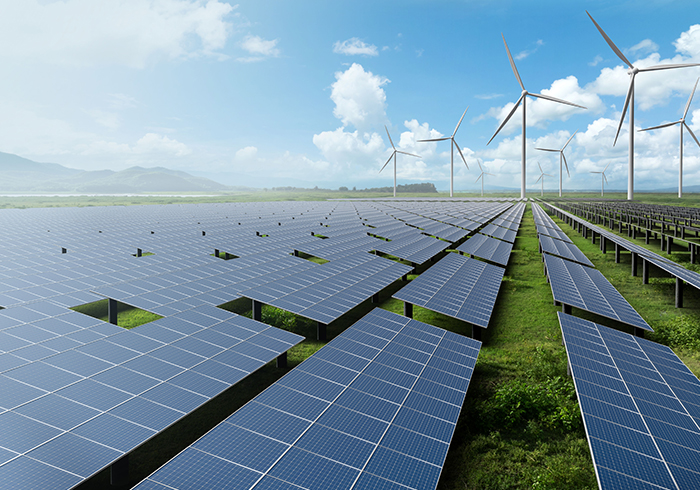Members of a UN-backed group of export credit agencies (ECAs) have made “measurable” progress towards their climate goals and some have brought their net-zero deadline forward to 2045.
The first annual report of the Net Zero Export Credit Agencies Alliance (NZECA), published on November 14 at the Cop30 summit in Brazil, said three members had publicly reported drops in their greenhouse gas emissions, a major goal of the group.
The Export and Investment Fund of Denmark (EIFO) posted a 12% reduction in emissions year on year in 2024, Finland’s Finnvera reported a 15% decrease between 2021 and 2023, and Export Development Canada (EDC) saw its emissions fall by almost a third between 2021 and 2024.
They achieved this through “active management of their portfolios, climate policy implementation and active engagement with their counterparties”, the report said.
EDC’s progress is significant because it has long been one of the top providers of public finance to fossil fuel projects, thanks to Canada’s large energy and natural resources sector.
NZECA was established in December 2023 during a session at the Cop28 climate change conference and currently has 10 members, which it said support US$338bn in international trade.
Its full members have committed to deliver net-zero business activities by 2050 and publish their greenhouse gas emissions annually. These are UK Export Finance (UKEF), Spain’s Cesce, Sweden’s SEK and EKN, EIFO, EDC and Finnvera.
There are also three affiliate members – agencies from France, Kazakhstan and the UAE – that have pledged to strengthen their climate commitments without setting a firm target of net zero by 2050.
NZECA’s progress report highlighted three members that have shaved five years from their net-zero targets, bringing them forward to 2045.
These are EIFO, EKN and SEK, which have a combined exposure of US$76.99bn.
Since its founding, NZECA said it had “progressed from pledges to implementation – establishing governance, developing methodologies, and supporting members in setting science-based targets”.
The targets, guided by a toolkit the alliance published last November, cover sectors such as energy, cement production and aviation.
“Aligning export finance with net-zero pathways is not just the right thing for the planet – it’s good business,” said Tim Reid, chief executive of UKEF and chair of NZECA’s steering group.
“NZECA’s first progress report is a significant milestone that demonstrates real action – members are turning commitments into measurable progress.”
NZECA also released a paper outlining how emissions accounting can be adapted for trade finance.
“At this pivotal moment for advancing the Paris Agreement, NZECA is demonstrating how public finance can lead by example,” said Eric Usher, head of the United Nations Environment Programme Finance Initiative.
“The case for climate action has never been clearer: aligning with net zero not only protects people and planet, it also de-risks portfolios and unlocks new markets and innovative product development.”
NZECA noted that eight of its members had adopted policies to end new direct support for the international unabated fossil fuel energy sector.
Progress on ending fossil fuel support among ECAs has previously been slow.
A group of governments and public finance institutions across the world pledged to end direct support for the unabated fossil fuel energy sector by the end of 2022, but several members failed to meet the deadline.
Last year, OECD members also failed to reach a deal to restrict export credit support for oil and gas.
The wider group of UN-backed net-zero finance groups has hit several roadblocks over the past two years due to opposition from countries such as South Korea.
NZECA has fared better than parallel organisations like the Net Zero Insurance Alliance and the Net Zero Banking Alliance (NZBA).
NZBA shut down in October after members voted to end the alliance and instead use its guidance as a framework for setting net-zero targets, while its insurance equivalent closed in April 2024 after several members left.






